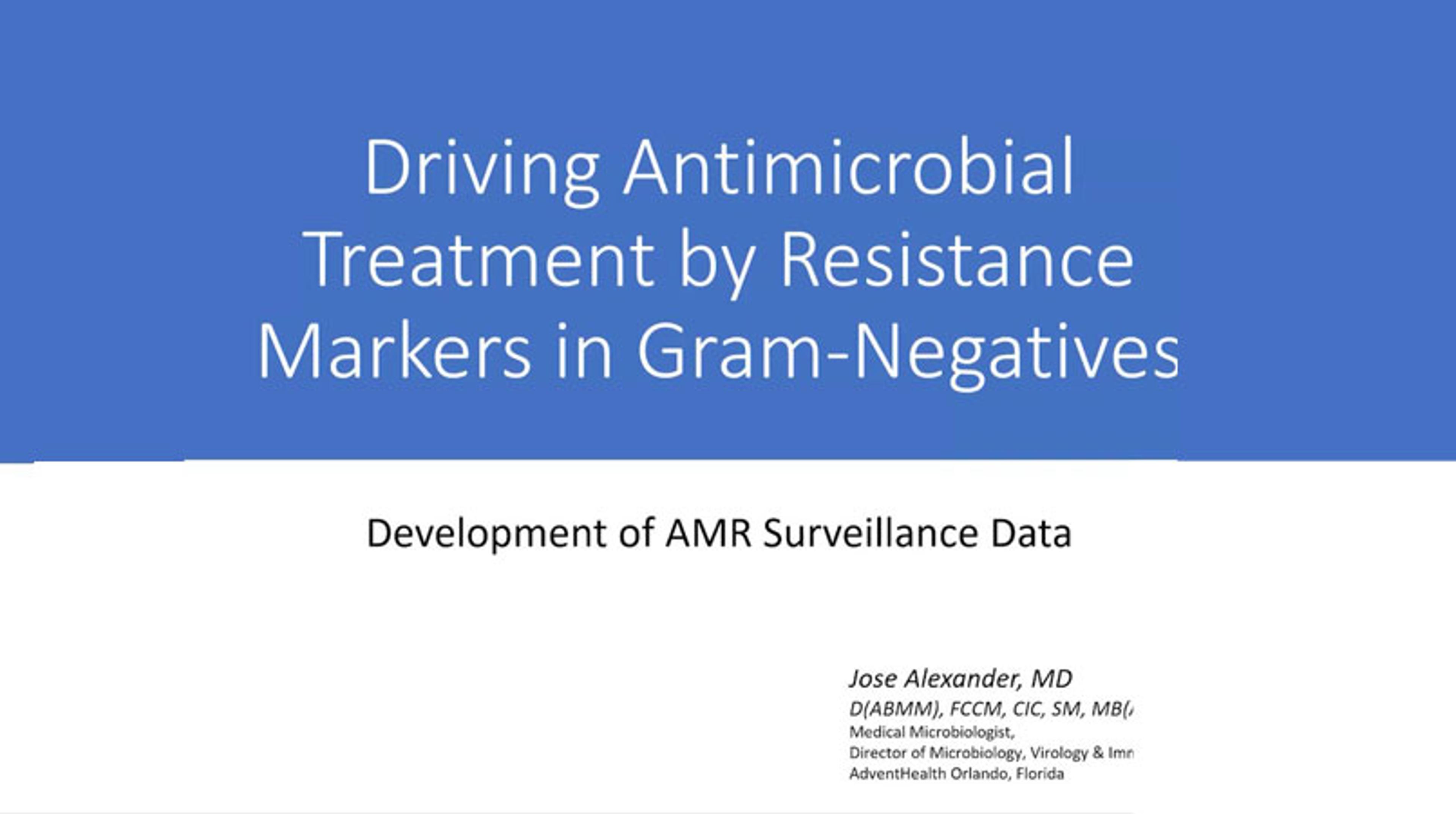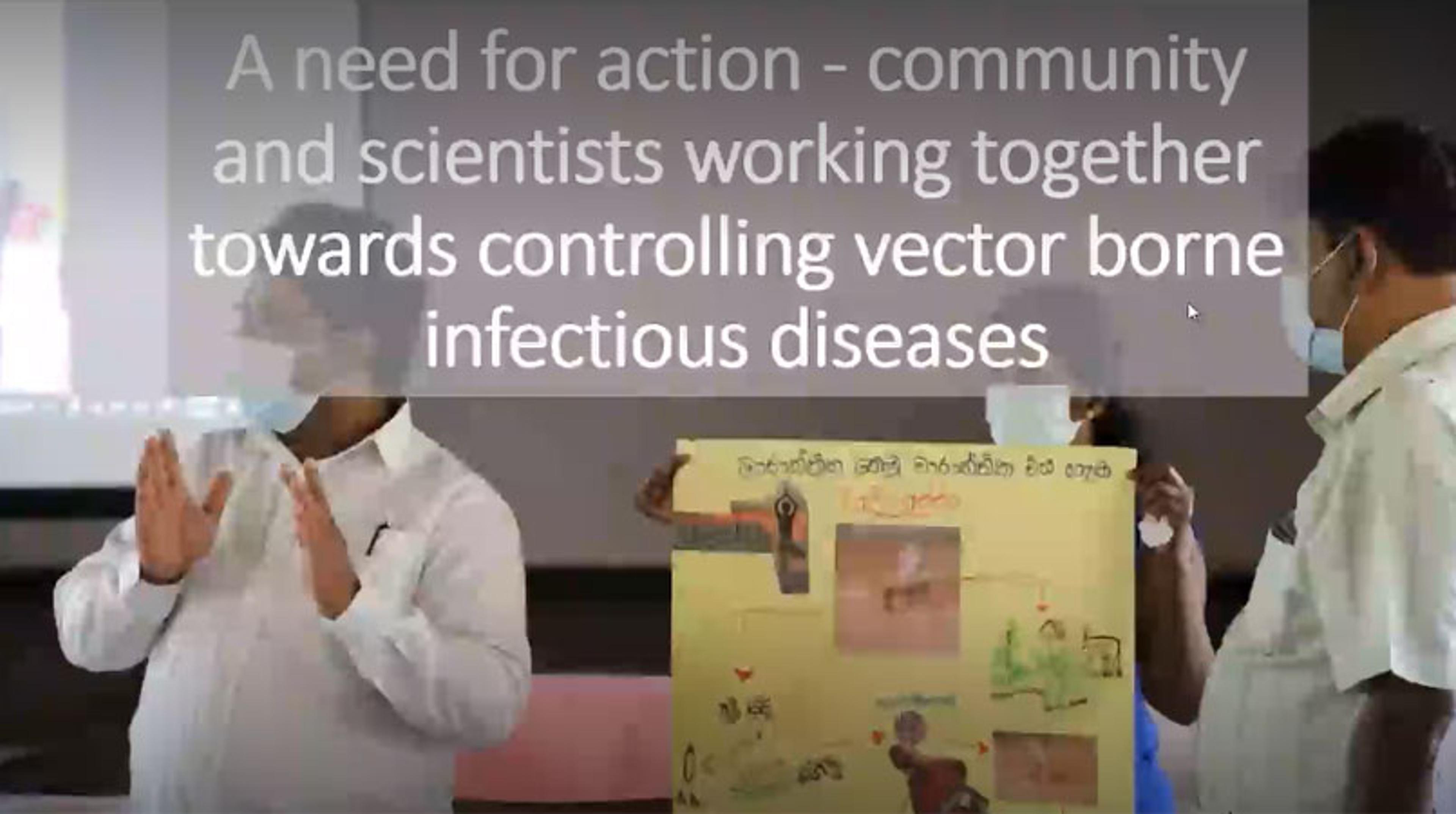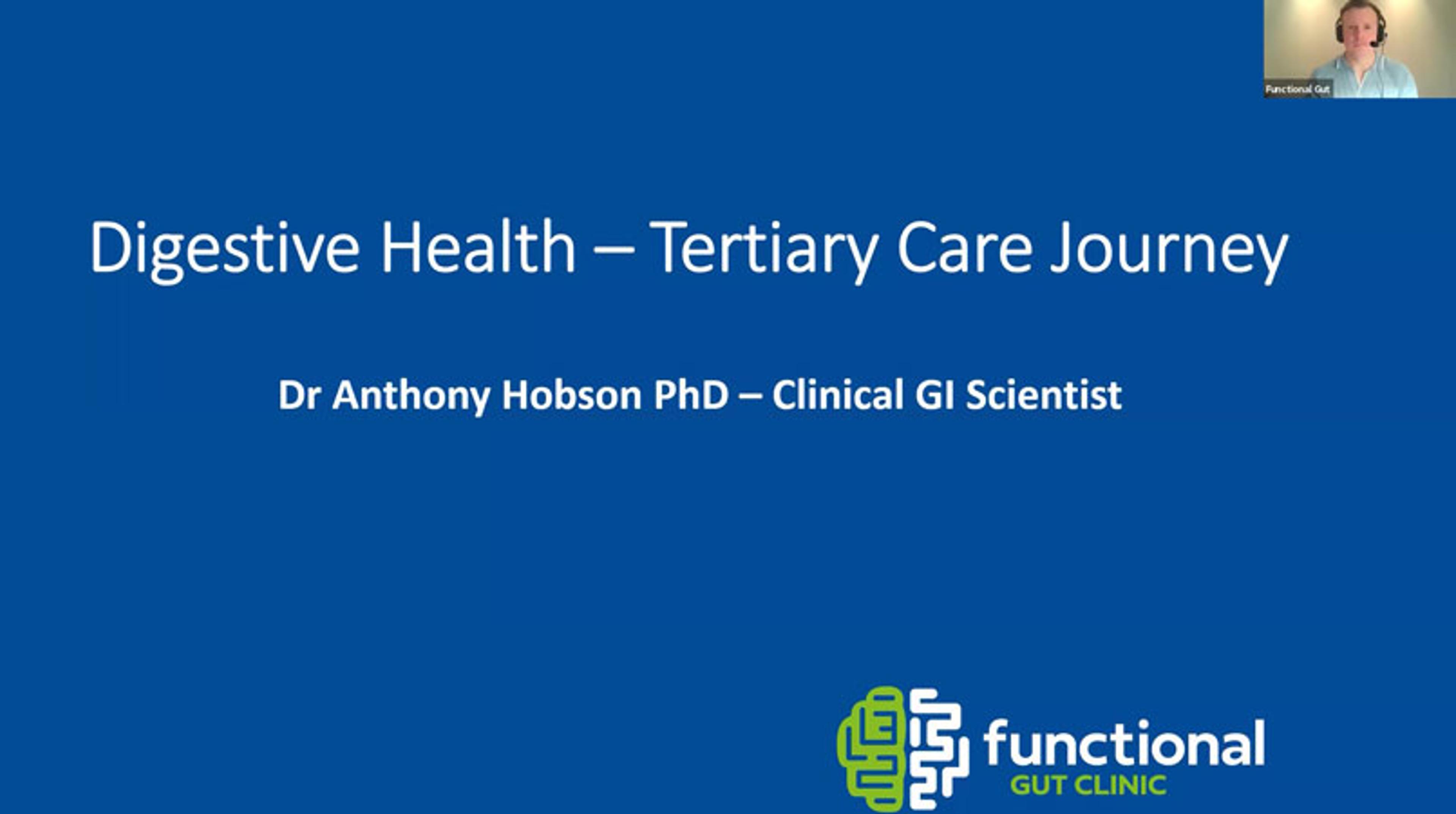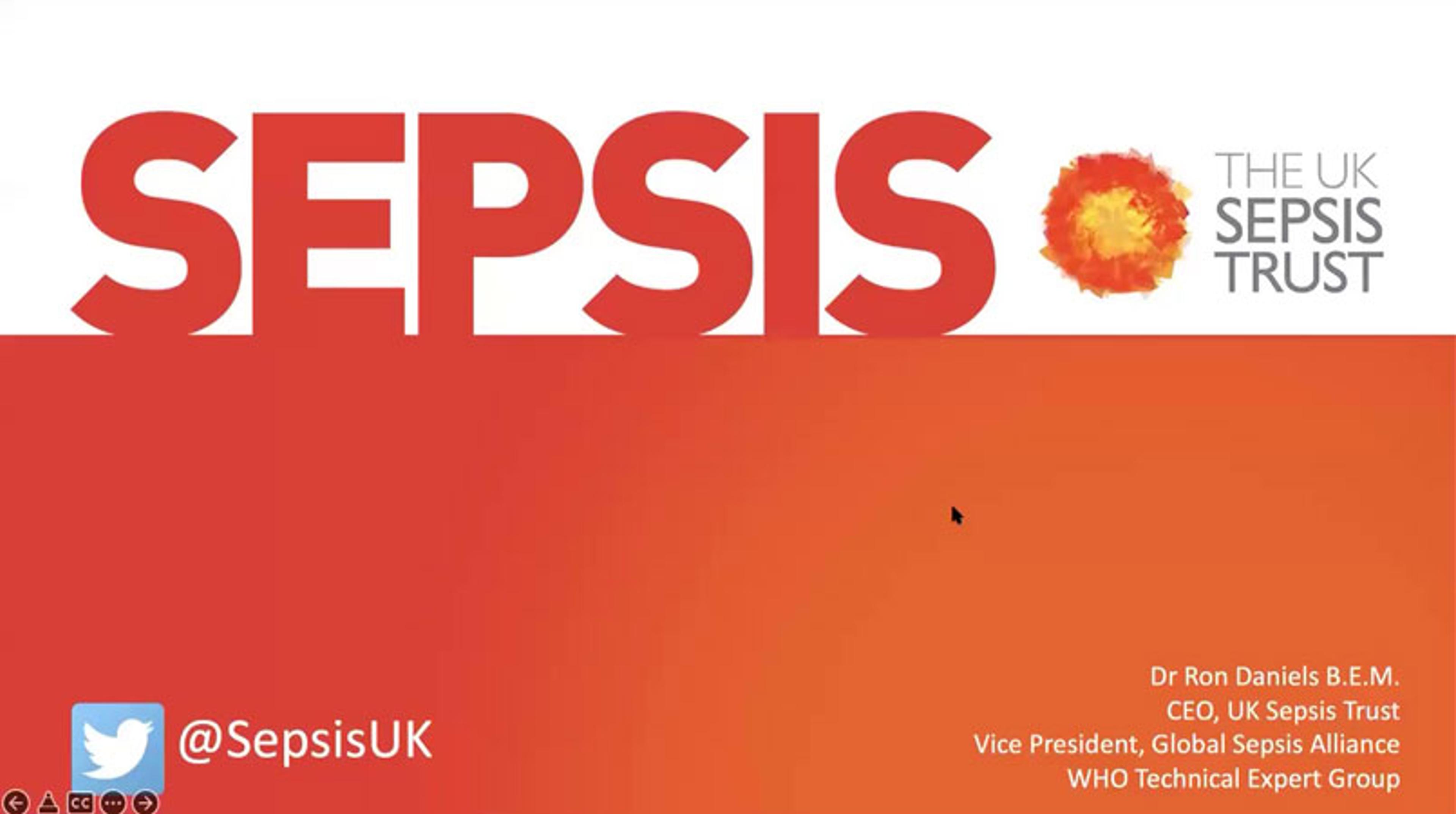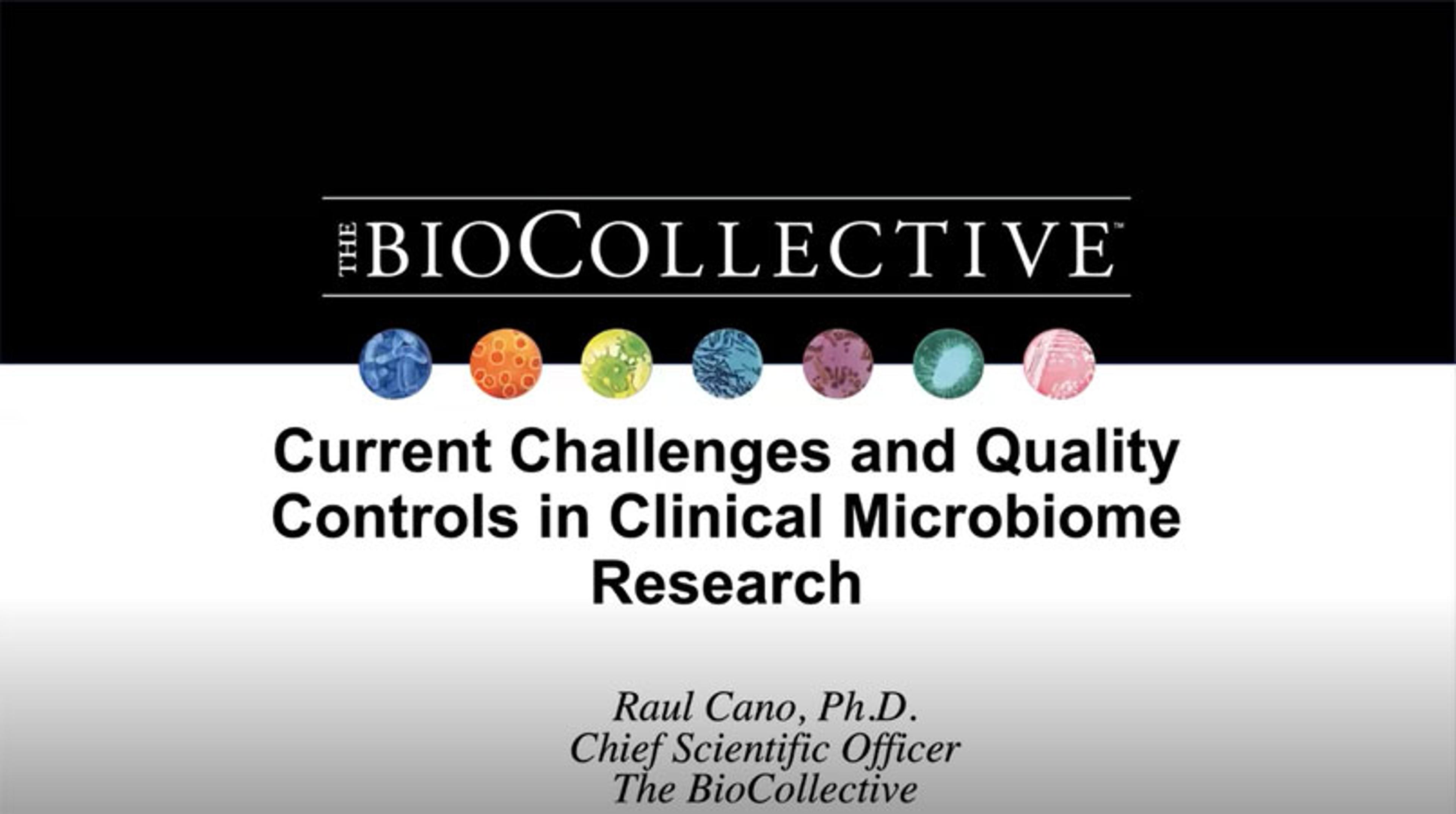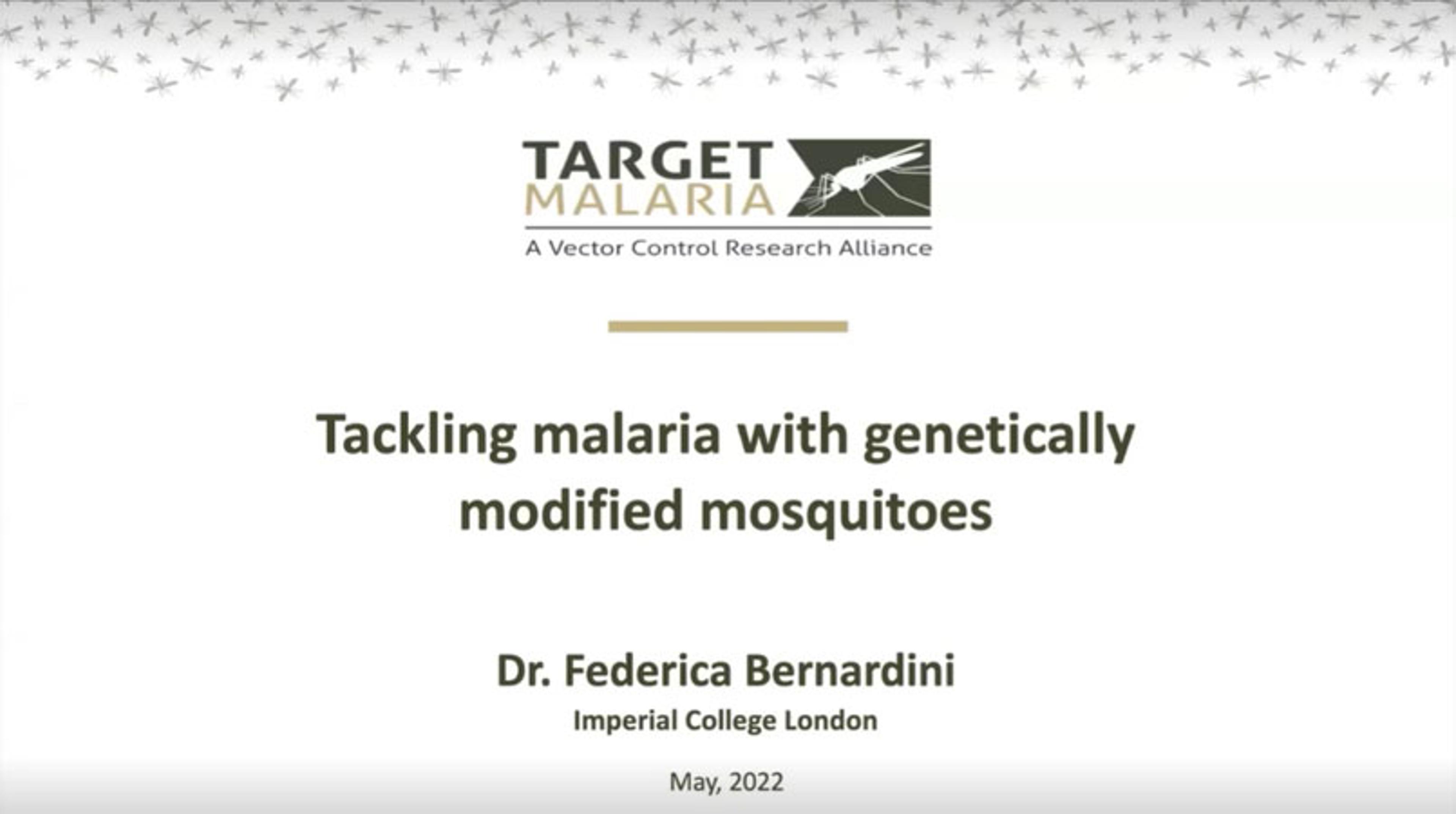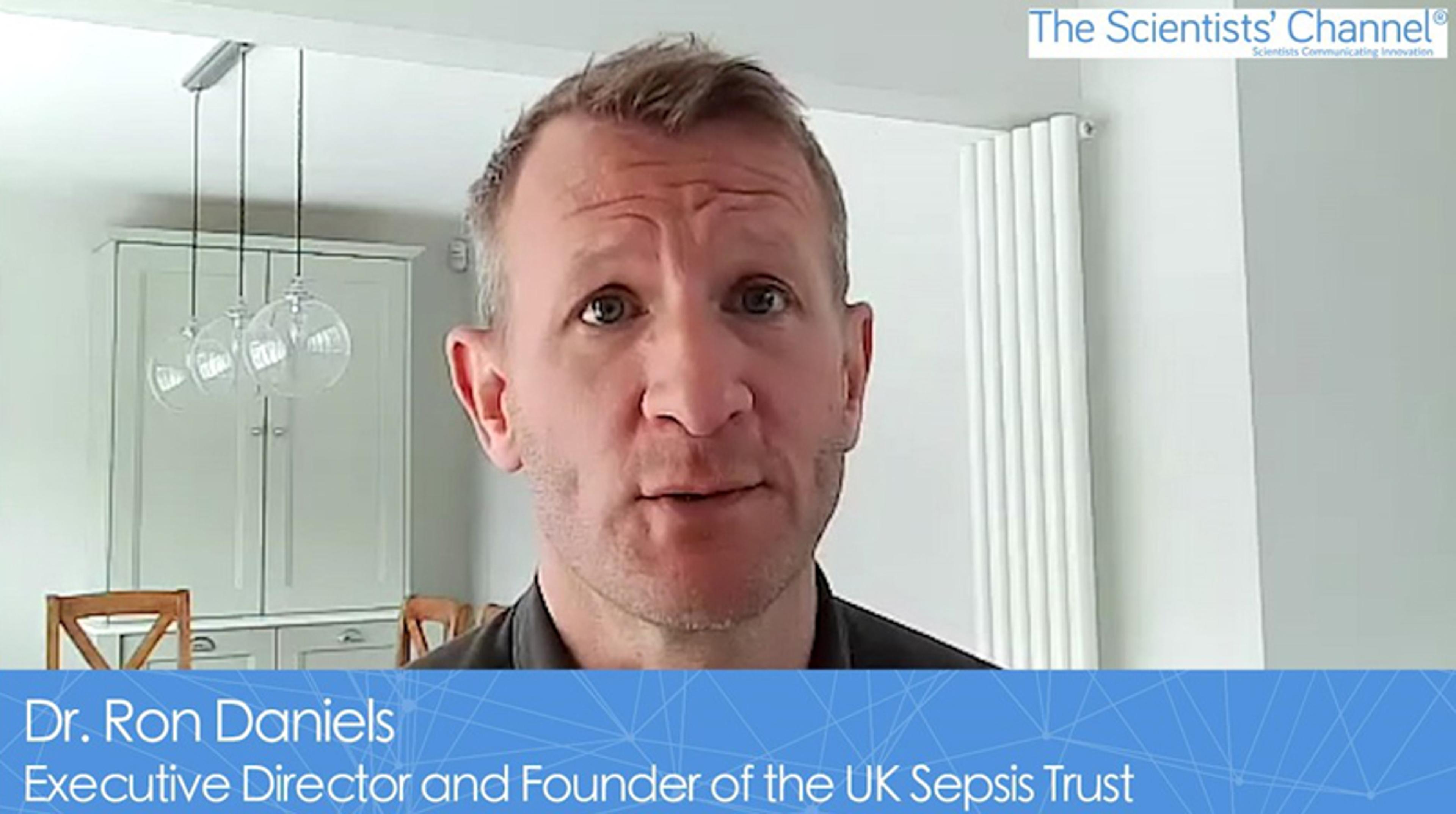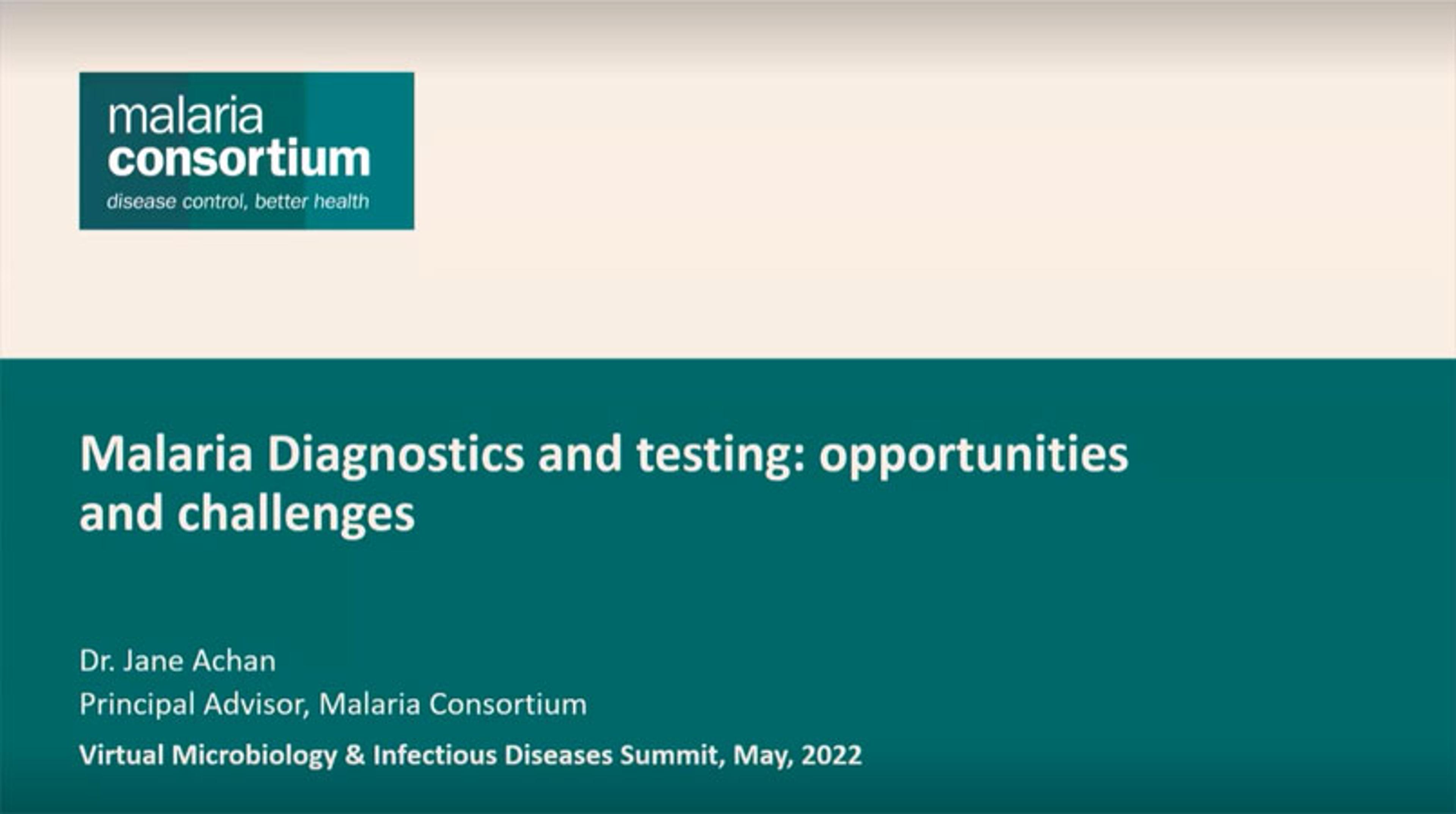
Malaria diagnostics and testing: Opportunities and challenges
19 May 2022
Malaria is a life-threatening disease transmitted to humans through mosquito bites, caused by a single-cell parasite called Plasmodium. In this presentation, Dr. Jane Achan, Principal Advisor at the Malaria Consortium, discusses the different diagnostic tools and strategies available for malaria detection such as microscopy, malaria RDTs, malaria saliva tests, and non-invasive techniques. Plus, Achan describes the challenges associated with malaria diagnosis, and the need for more reliable surveillance data and disease burden estimates. This talk was presented at the SelectScience® Virtual Microbiology and Infectious Disease Summit 2022.


